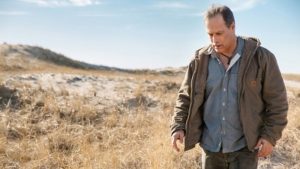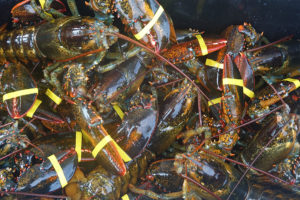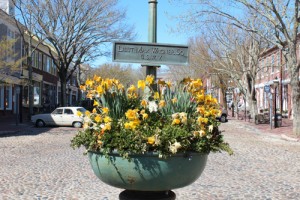Sebastian Junger has called Cape Cod his second home almost all his life, all the way back to his childhood. Born in Boston, the author of The Perfect Storm grew up in Belmont, and has been traveling to the Cape with his family for years, both as a child and still, today.
Junger is an award-winning journalist, a contributing editor to Vanity Fair, and a special correspondent at ABC News. He has covered major international news stories around the world and is a documentary filmmaker. His debut film, “Restrepo,” a feature-length documentary chronicling the deployment of a platoon of U.S. soldiers in Afghanistan’s Korengal Valley, (co-directed with Tim Hetherington), was nominated for an Academy Award.
Yet, with all of his time in the spotlight as writer and filmmaker, both in front of and behind the camera, along with other successful books and films on his resume and his travels around the world, it’s the quiet peace of Cape Cod that continuously brings him back.
Junger owns a home in the woods of Truro that was built around 1800, and spends as much time here throughout the year as possible. “It’s a very good place to work,” he said. He chose his particular home, which he purchased in 2000, “because it’s old and removed from humanity … as much as you can be on Cape Cod. It was falling apart and I had to sort of save it, architecturally.”
Writing and filmmaking weren’t always in his blood. Junger studied cultural anthropology in college, and wrote a thesis about Navajo long-distance runners and spent some time living on a reservation.
“The process of gathering information, doing the research and writing about it – I really enjoyed it,” he said. “I found out that I was good at it and, after college, I thought maybe I’d become a journalist. I started making my way toward a career as a freelance journalist.” Writing books, he said, is something else entirely. “Writing a book is a very long endeavor. You have to pick them really carefully.”
Junger is currently working on some television shows and a documentary at his edit studio in New York, where he also lives. He and his colleague are currently working on a documentary about Mexico for National Geographic.
Asking him, as a journalist, which project he’s most proud of “is like asking someone which is your favorite kid,” he joked. ‘They’re all difficult and fulfilling in their own ways. I couldn’t really point to one.”
In his free time, Junger certainly keeps himself busy in a myriad of ways. “I’ve played chess my whole life,” he said. “I’m also a long-distance runner. When I was young, I ran marathons. I started boxing a few years ago, and I play the accordion. I’m in the woods a lot. I really like the wilderness.” The silence, he agreed, is comforting. His most important time, however, is spent with his 2-year-old daughter.
As for life on the Cape, “It helps to be in a place mentally and physically where you can focus,” he said. ”Some people can do that in New York, and I can do that, too. But on the Cape, it’s easier to achieve that focus. The property that I have is really tucked away from other people and I can go for days without seeing or hearing another human being. If you like yourself,” he added, laughing, “it can be perfect.”
“I’ve been all over this country and there are places far more dramatic than Cape Cod,” Junger said. “The mountains of Montana are just like, come on – nothing really compares to that, or the coast of California. There are places that are incredibly beautiful and dramatic.
“But there’s a subtle, quiet beauty to the Cape that I find incredibly moving and compelling, and I keep going back there,” he said. “Something very subtle happens to me when I’m there. For better or for worse, the center of Truro is the center of my existence. I feel very, very lucky that I’ve been able to make a home there.”
























